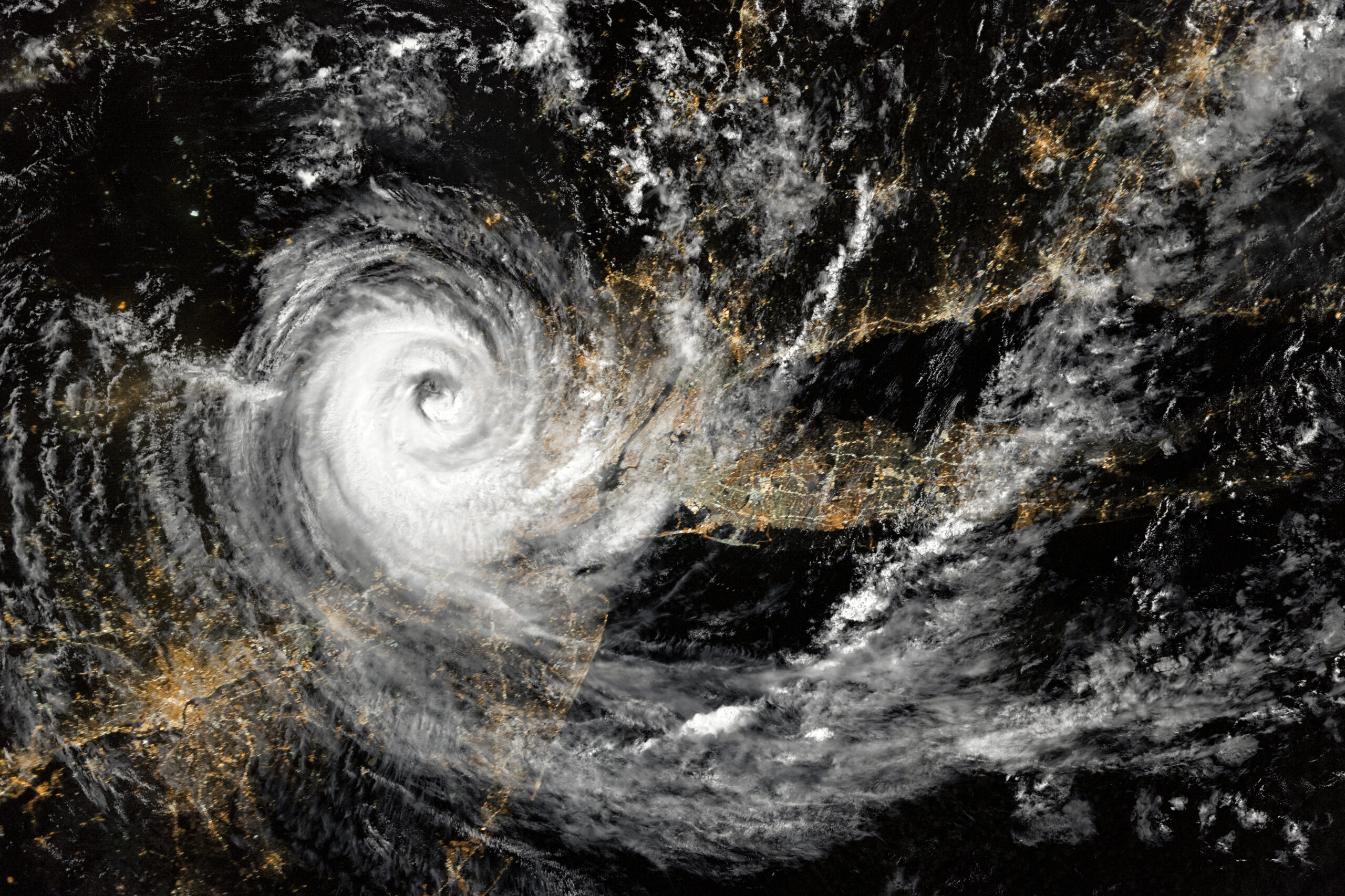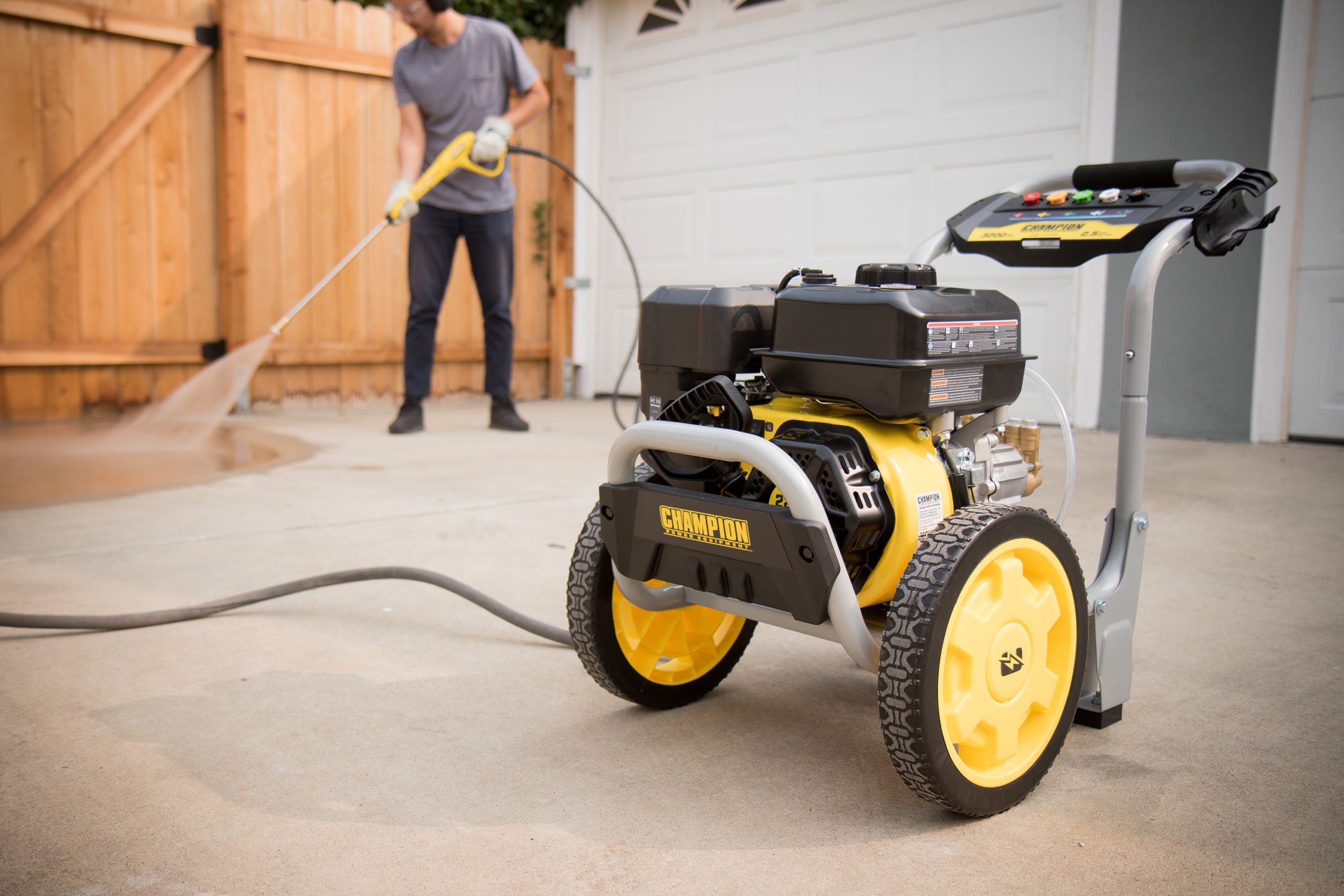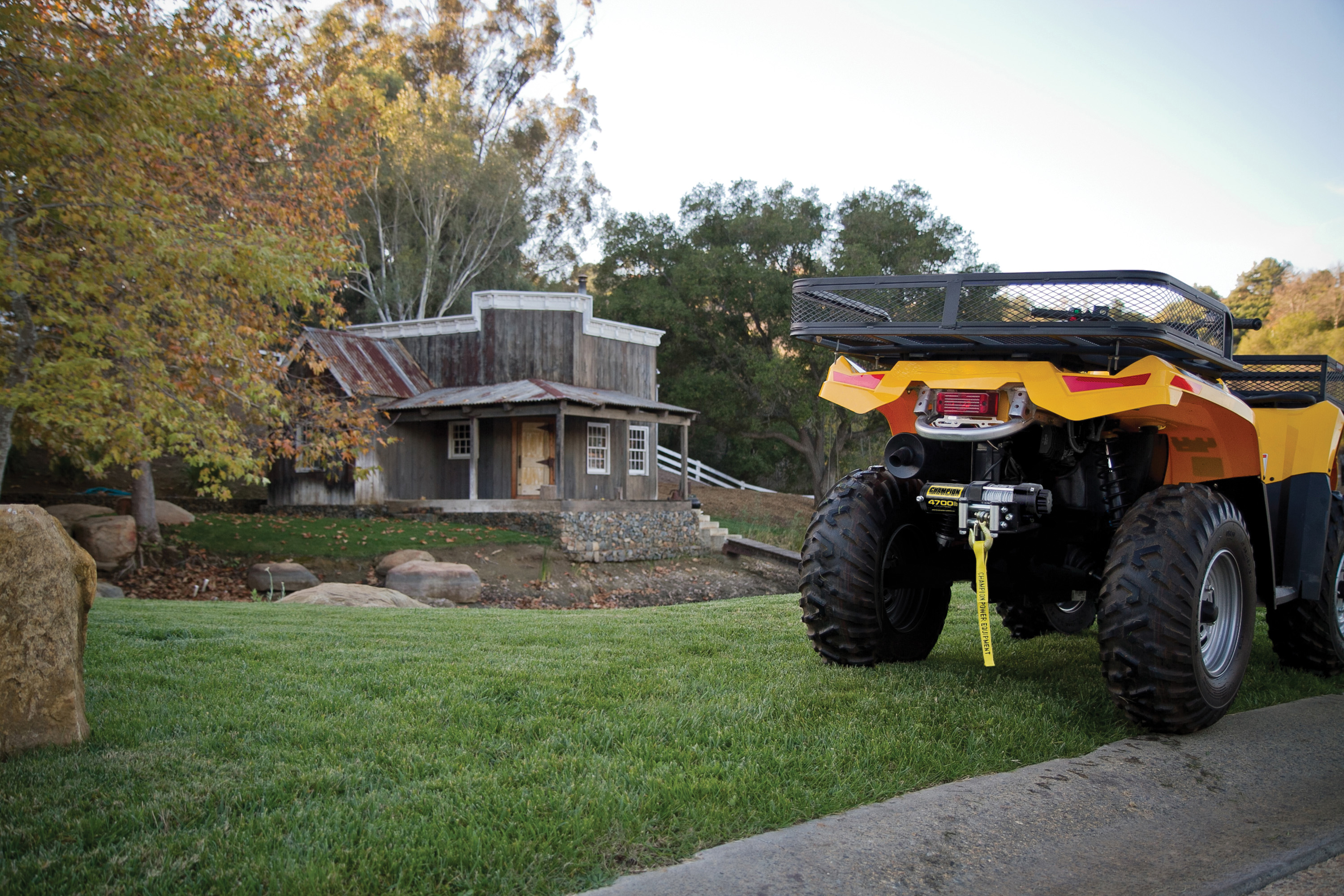Hurricane Season Readiness: What You Should Do Now
Hurricane season is upon us, and with it comes the potential for power outages. When a hurricane strikes, you want to be sure that you, your home, and, most importantly, your family are prepared. The best way to ensure your safety from storm-caused power outages is to take care of important items now, while there’s still time. Here’s everything you need to know so you can be prepared.

Plan Ahead
Evacuation Plan: Make sure everyone in the family knows the recommended evacuation route should an evacuation order be put in place. It’s also important to keep your gas tank full so you won’t have to wait in long lines at the pump during an emergency.
Supplies: Keep water and other supplies on hand such as canned goods and non-perishable items. A well-stocked hurricane kit is also essential and can save you time later. Your kit should include a first-aid kit, medications, a NOAA battery-powered radio, a flashlight, extra batteries, a whistle, and don’t forget local maps in case your phone isn’t working.
Important Documents: Back up your computer and make copies of important documents like birth certificates, insurance cards, driver’s licenses, bank statements, etc. Store your copies in a secure location like a safety deposit box or another safe location outside of your home.
Prepare Your Home
Secure outdoor items like furniture, tools, grills, garbage cans, and anything else that could become airborne in strong winds. Have a professional inspect your roof and shingles to make sure they’re in good condition and are rated for high wind speeds.
Find the Right Generator
When hurricanes strike, chances are you could be without power for days or even weeks. Having a reliable generator will provide peace of mind knowing you can charge phones, run appliances, and cool off your home when the power goes out. There are two main types of generators for hurricanes: portable and home standby.
Portable generators: A portable generator is perfect for backing up just a few essentials. You’ll be so grateful to have the ability to keep the lights on, phones charged, fridge and freezer cold, fans on, and TVs working. Portable generators come in various sizes and running capacities. Some are powered by gasoline and others by propane. If you like options, Dual Fuel generators run on either, and generators with Tri-Fuel technology have the ability to run on natural gas, gasoline, or propane. Determining which fuel type is best for you will help you select a generator. If you choose this solution, make sure you are well versed in safely operating a portable generator – far away from buildings, doors, vents and air intake openings.
Home standby generators: Home standby generators are a set-it-and-forget-it solution. This type of generator is a more powerful solution since it connects to your home’s propane or natural gas system. You’ll be able to power your whole house instead of a few select items. Plus, your home standby generator starts automatically when the power goes out and returns to standby when power is restored, ensuring security and convenience for your family during a hurricane power outage.
Implement Your Plan
Having a plan in place and implementing it early gives you the best chance of staying safe should a storm hit. Don’t let a potential power outage leave your family unprepared – prepare now. Thinking ahead and having the right equipment can help keep you, your family, and your home safe during hurricane season.
Quick Takeaways
- Know the recommended evacuation route and keep your car’s gas tank full.
- Keep a hurricane kit stocked with essential items including a first-aid kit, medications, a NOAA battery-powered radio, a flashlight, and extra batteries.
- Copy important documents and store them in a secure location outside of your home.
- Secure outdoor items and inspect your roof and shingles to ensure they are in good shape.
- Consider getting a generator to back up your power in case of a power outage.

